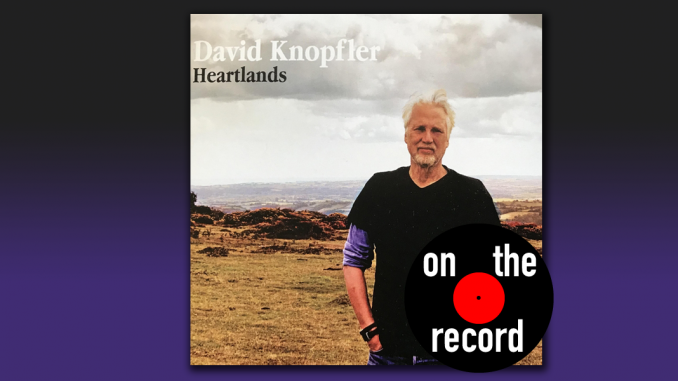
It’s true — the weather in Scotland is abysmal. It began to rain the moment I stepped out of the airport doors, and has been drizzling on and off for three whole days. The wind can be bitterly cold and the sun pops out only when it feels like it. And yet, I feel right at home already. There’s no way it can be worse than a Buffalo winter.
Glasgow is a brilliant mix of old and new. There are luxury apartment buildings sitting side by side with ancient stone facades. The oldest house in Glasgow was built in 1471 — before Columbus even set foot on American soil. It’s quite something to turn every corner and see a tower constructed hundreds of years ago, and yet still be reminded by the high-end fashion shops that this is one of the fastest growing cities in the UK.
“It seems like it’s an open minded city,” said my uncle, who helped me move in to my new living arrangements. “Progressive”, he called it.
The weirdest part thus far of my exchange experience has been adjusting to the new campus. Glasgow Caledonian was built in the 90’s and is almost painfully modern. Our student ID cards swipe us into classes and monitor our attendance. So much for good old fashioned role call. (The technology is a little shocking but no, I don’t miss the crumbling ceilings of Roosevelt Hall or the broken bathrooms of Boylan.)
The other remarkable detail sure to shock Americans like myself? The openness surrounding alcohol consumption. There is a bar on campus, and the student association is organizing an official student pub crawl for next week. It’s a little crazy for someone who still has “UNDER 21” printed in bold red letters beneath my name on my drivers license. Of course, this is probably what the US could look like if we actually did more than just wrist-slap people for driving while intoxicated and took impaired driving laws seriously. Accidents just don’t happen like that here in the UK. Why? Because young people have been learning how to drink responsibly since around age 16-18, depending on where they live overseas.
This week I’m listening to David Knopfler’s record Heartlands, released this past June. Knopfler, who was born in Glasgow, is best known for being the unfairly lesser known brother of Dire Straits. His older brother, Mark, played lead guitar and, well, that’s about all you have to do to become infinitely more famous than your rhythm guitar-playing younger brother. Most everyone is familiar with Dire Straits big hit, Money For Nothing, which included backing vocals from Sting and won record of the year in 1985.
But before all that, there was David Knopfler. He played on the first two records, in 1978 and 1979, and then promptly quit the band. (I maintain, trouble comes with bands with brothers or lovers — I’m looking at you Fleetwood Mac.)
So his brother’s career continued to take off and what did David do? Made his own music, obviously. Heartlands is his most recent piece of his own puzzle.
The first wild thing about the album is that his vocals sound nearly indistinguishable from his brother’s, but I suppose there’s very little he can do about that. It’s extremely guitar driven, but rather than feature solos, his guitars are layered amongst other instruments like harmonicas and mandolins. His vocal melodies are gorgeous, and it makes me wonder what kind of music he might have listened to and been influenced by growing up in the 50’s in the UK.
The most poignant song on the record for me is “Washington Decides”. David actually spent a good deal of time living in the states, close to my hometown, and it’s where he met his American wife. “How many kids are blown away…how many did you kill today? Do you remember LBJ? Hey, hey, Washington decides.”
How do you even comment on a lyric that basically lays it out flat for you? I had coffee with my old roommate in Edinburgh this past weekend and we discussed the mess that is Boris Johnson and Brexit. Before I knew it, I found myself saying, “It might be crazy over here, but at least you don’t have shootings every other day.” She nodded in agreement.
Heartlands doesn’t pretend to be anything it’s not. It’s 45 minutes of well produced, poetic material — perfect for a rural trip through the highlands of Scotland, which might just be my plan this weekend…
